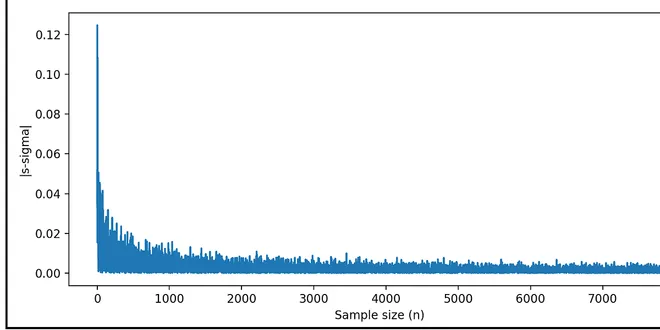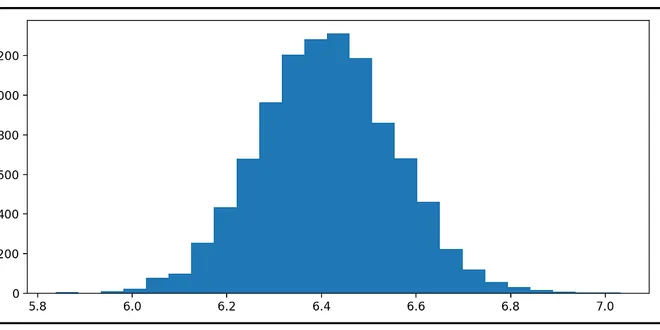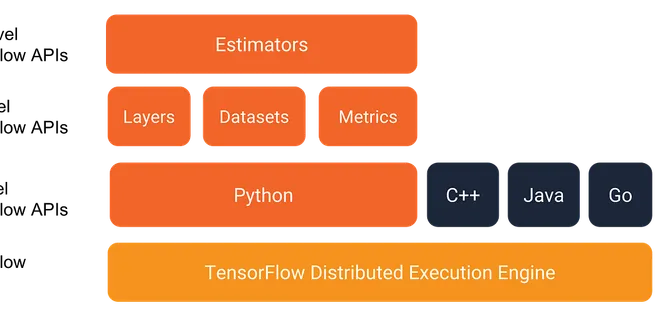Estimators

Estimators
Advantages Similar to a tf.keras.Model , an estimator is a model-level abstraction. The tf.estimator provides some capabilities currently still under development for tf.keras . These are: Parameter se...
📚 Read more at TensorFlow Guide🔎 Find similar documents

Premade Estimators
Warning: Estimators are not recommended for new code. Estimators run v1.Session -style code which is more difficult to write correctly, and can behave unexpectedly, especially when combined with TF 2 ...
📚 Read more at TensorFlow Tutorials🔎 Find similar documents

The Consistent Estimator
A consistent estimator is one which produces a better and better estimate of whatever it is that it’s estimating, as the size of the data sample it is working upon goes on increasing.
📚 Read more at Towards Data Science🔎 Find similar documents

Multi-worker training with Estimator
Warning: Estimators are not recommended for new code. Estimators run v1.Session -style code which is more difficult to write correctly, and can behave unexpectedly, especially when combined with TF 2 ...
📚 Read more at TensorFlow Tutorials🔎 Find similar documents

A Guide to Estimator Efficiency
The efficiency of a statistical estimator is the ratio of the Cramer-Rao bound on variance to the actual variance in the estimator's predictions.
📚 Read more at Towards Data Science🔎 Find similar documents

Build a linear model with Estimators
Warning: Estimators are not recommended for new code. Estimators run v1.Session -style code which is more difficult to write correctly, and can behave unexpectedly, especially when combined with TF 2 ...
📚 Read more at TensorFlow Tutorials🔎 Find similar documents

Chapter 8 Estimation
The code for this chapter is in estimation.py . For information about downloading and working with this code, see Section 0.2 . 8.1 The estimation game Let’s play a game. I think of a distribution, an...
📚 Read more at Think Stats🔎 Find similar documents

Estimates Are Estimates!
A lesson learned as a Scrum coach Continue reading on Better Programming
📚 Read more at Better Programming🔎 Find similar documents

6.1. Pipelines and composite estimators
Transformers are usually combined with classifiers, regressors or other estimators to build a composite estimator. The most common tool is a Pipeline. Pipeline is often used in combination with Fea......
📚 Read more at Scikit-learn User Guide🔎 Find similar documents

Estimate Smarter, not Harder
One of the most difficult (and paradoxically time-consuming aspects) of a software developer’s job is estimation. When developers make estimates about their work it can affect the success of the…
📚 Read more at Better Programming🔎 Find similar documents

Painless Estimation For Developers
Estimates are a pain. How often have you done estimates, only to have them dismissed with, “You have 3 weeks”? I will show you a path out of this misery. The aim of this article is to provide a…
📚 Read more at Level Up Coding🔎 Find similar documents

Regression Model Using TensorFlow Estimators and Dense Neural Network
Tensorflow Estimators — it provides a high-level abstraction over lower-level Tensorflow core operations. It works with an Estimator instance, which is TensorFlow’s high-level representation of a…
📚 Read more at Becoming Human: Artificial Intelligence Magazine🔎 Find similar documents

